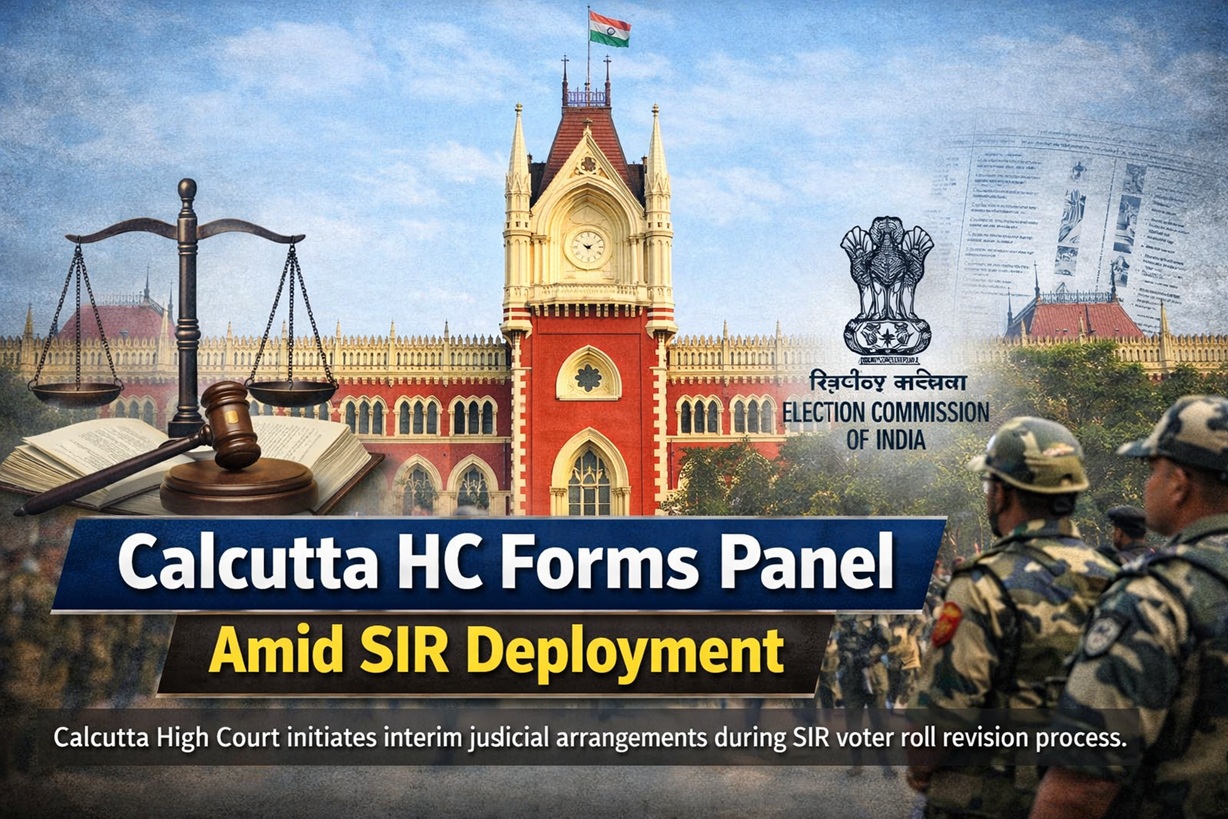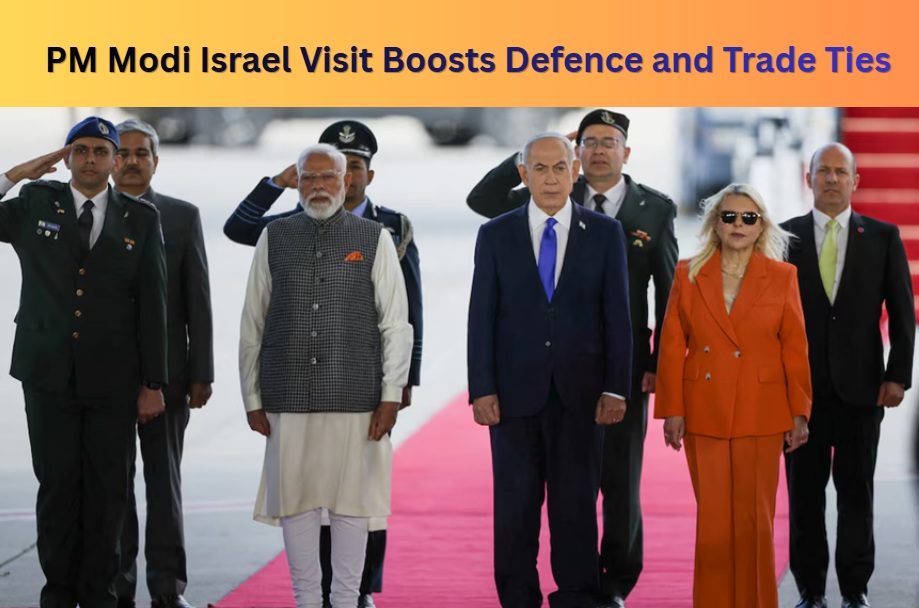Heightened Alert Following Intelligence Inputs
India has ramped up security measures along its border with Bangladesh after receiving intelligence reports warning of a possible terror threat. The alert comes amidst growing instability in the neighbouring country, where political protests, military tensions, and extremist mobilization have created a volatile environment.
- Border Security Force (BSF) has intensified patrols across sensitive points, especially in West Bengal and Assam.
- Central Industrial Security Force (CISF) has stepped up airport security in eastern India.
- Local police forces have been instructed to maintain heightened vigilance around strategic installations.
- Surveillance has increased across land, air, and riverine routes that connect to Bangladesh.
Crisis Deepens in Bangladesh
The situation in Bangladesh is spiralling amid growing dissent against interim Chief Advisor Professor Mohammad Yunus, who is facing mounting calls to hold elections and relinquish power.
Key developments in Bangladesh:
- Massive protests have erupted in Dhaka, Chittagong, and Cox’s Bazar.
- Yunus has reportedly reneged on his earlier promise to resign.
- Opposition parties allege that Yunus is trying to prolong his unelected rule with foreign backing.
Military Moves Raise Alarms
Sources within Bangladesh report unusual military movements and increasing signs of a power struggle between the armed forces and the interim administration.
- Tanks and army personnel have been deployed around government buildings in Dhaka.
- The Bangladesh Army, led by General Waqar Ujwan, has issued a public ultimatum demanding elections by December 2025.
- Yunus is accused of trying to bypass democratic norms, acting under the influence of foreign powers.
Foreign Influence and Regional Ramifications
Indian intelligence sources and regional experts believe the crisis has widened due to competing geopolitical interests.
Alleged foreign involvement:
- United States military units have reportedly been spotted in Cox’s Bazar, purportedly for humanitarian operations.
- Chinese interests are believed to be backing Yunus to secure influence in Bangladesh.
- There are unverified reports of a potential “bloody corridor” being set up under foreign guidance.
India sees this foreign interference as a destabilizing factor that could:
- Aid radical Islamist groups operating in the region.
- Lead to a rise in cross-border infiltration and terrorist activity.
- Result in mass migration or refugee inflow if violence escalates.
India’s Strategic Response
The Indian government is taking no chances with the evolving crisis. A high-level review was held earlier this month involving security agencies and border states.
Actions taken:
- Forward deployment of troops near vulnerable areas on the Bangladesh border.
- Monitoring of intelligence inputs round-the-clock by central agencies.
- Coordination with state governments to secure sensitive installations and infrastructure.
- Review of emergency preparedness, including mock drills and rapid deployment capabilities.
The Yunus Factor: Power Struggles and Protests
Yunus, who came to power as a caretaker figure, is now under fire from all major Bangladeshi political players for refusing to announce elections.
Reactions from key stakeholders:
- BNP (Bangladesh Nationalist Party): Says Yunus overstayed his welcome and demands immediate polls.
- Awami League: Threatens mass protest and warns of civil unrest.
- Jamaat-e-Islami: Initially supportive, now urging Yunus to declare an election roadmap.
- Army: Publicly distanced itself from the interim administration and insists on restoring democracy.
Yunus’s continued grip on power is seen as:
- Undemocratic and unconstitutional.
- Supported more by foreign governments than by the people of Bangladesh.
- Fueling unrest and radicalization, especially among Islamist factions who have launched a “March for Yunus” across the country.
Public Anger and Economic Decline
The broader Bangladeshi population appears increasingly frustrated with the government.
- Rising unemployment and business closures are worsening public sentiment.
- The economy is in decline, with foreign investors fleeing and infrastructure projects stalling.
- Common citizens are demanding elections and a return to an elected, accountable government.
What Lies Ahead
As tensions rise, observers fear the possibility of:
- Civil war or military takeover in Bangladesh.
- Escalation of violence involving radical groups and foreign-backed militias.
- A refugee crisis along the Indian border.
For India, key challenges include:
- Preventing terror spillover into eastern states.
- Managing cross-border population movement.
- Balancing diplomatic pressure with border security needs.
The unfolding crisis in Bangladesh is no longer an internal matter—it has become a regional security concern. With foreign powers eyeing influence, extremist groups gaining ground, and a caretaker government clinging to power, the risk of instability spilling into India is high. India’s swift security tightening reflects not only a reaction to specific threats but a broader strategy to insulate itself from the fallout of a neighbour in chaos.
#IndiaBangladesh #BorderSecurity #NationalSecurity #TerrorAlert #BSF #IndianArmy #bangladeshpolitics #indiabangladeshborder #Bangladesh #yunus





